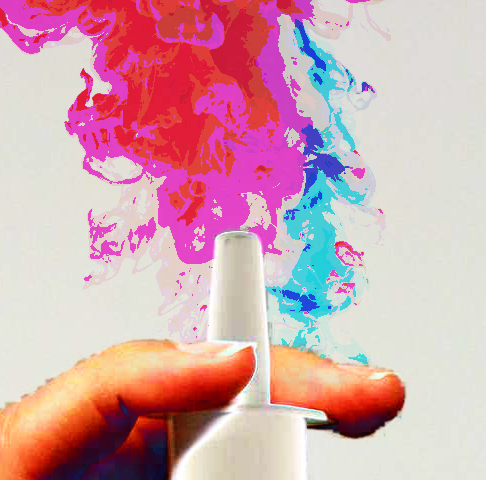Sleep spray tested
 A new nasal spray could offer hope for sleep apnoea sufferers.
A new nasal spray could offer hope for sleep apnoea sufferers.
Australian scientists have tested a bedtime nasal spray containing a potassium channel blocker, which could significantly mitigate the symptoms of obstructive sleep apnoea (OSA) and lower blood pressure in patients.
The approach is likely to help those who find current treatments such as continuous positive airway pressure (CPAP) machines hard to tolerate.
OSA - a disorder characterised by the relaxation of throat muscles leading to narrowed airways - has been associated with severe health conditions, including cardiovascular diseases and diabetes.
“It has been linked to a variety of medical conditions including cardiovascular disease, stroke, obesity, diabetes, anxiety and depression,” says researcher Dr Danny Eckert.
Despite the availability of effective treatments like CPAP machines, approximately half of those diagnosed with OSA find them difficult to use consistently.
In a recent study, researchers focused on the effects of a new potassium channel blocker nasal spray on the severity of OSA and explored the potential benefits of different breathing approaches, such as restricted nasal-only breathing.
“Potassium channel blockers are a class of drugs that block the potassium channel in the central nervous system,” says Dr Amal Osman, the lead author of the study.
“When used in a nasal spray, the blockers have the potential to increase the activity of the muscles that keep the upper airway open and reduce the likelihood of the throat collapsing during sleep.”
In a randomised blind trial involving 10 participants with OSA, the use of the potassium blocker nasal spray demonstrated a significant reduction in the frequency of upper airway collapsing episodes during sleep and lowered blood pressure in the morning for seven out of the ten participants.
Combining the spray with restricted nasal-only breathing did not further improve sleep quality.
Dr Osman highlights the safety and tolerability of the nasal spray application, which also led to “between 25-45 per cent reductions in markers of their OSA severity including improved oxygen levels as well as a reduction in their blood pressure the next day”.
These preliminary findings pave the way for the development of new therapeutic solutions.
“Right now, there are no approved drugs for treating OSA, but through these findings and future research, we are getting closer to developing new and effective drugs that are safe and easy to use,” Dr Eckert said.
The full study is accessible here.








 Print
Print